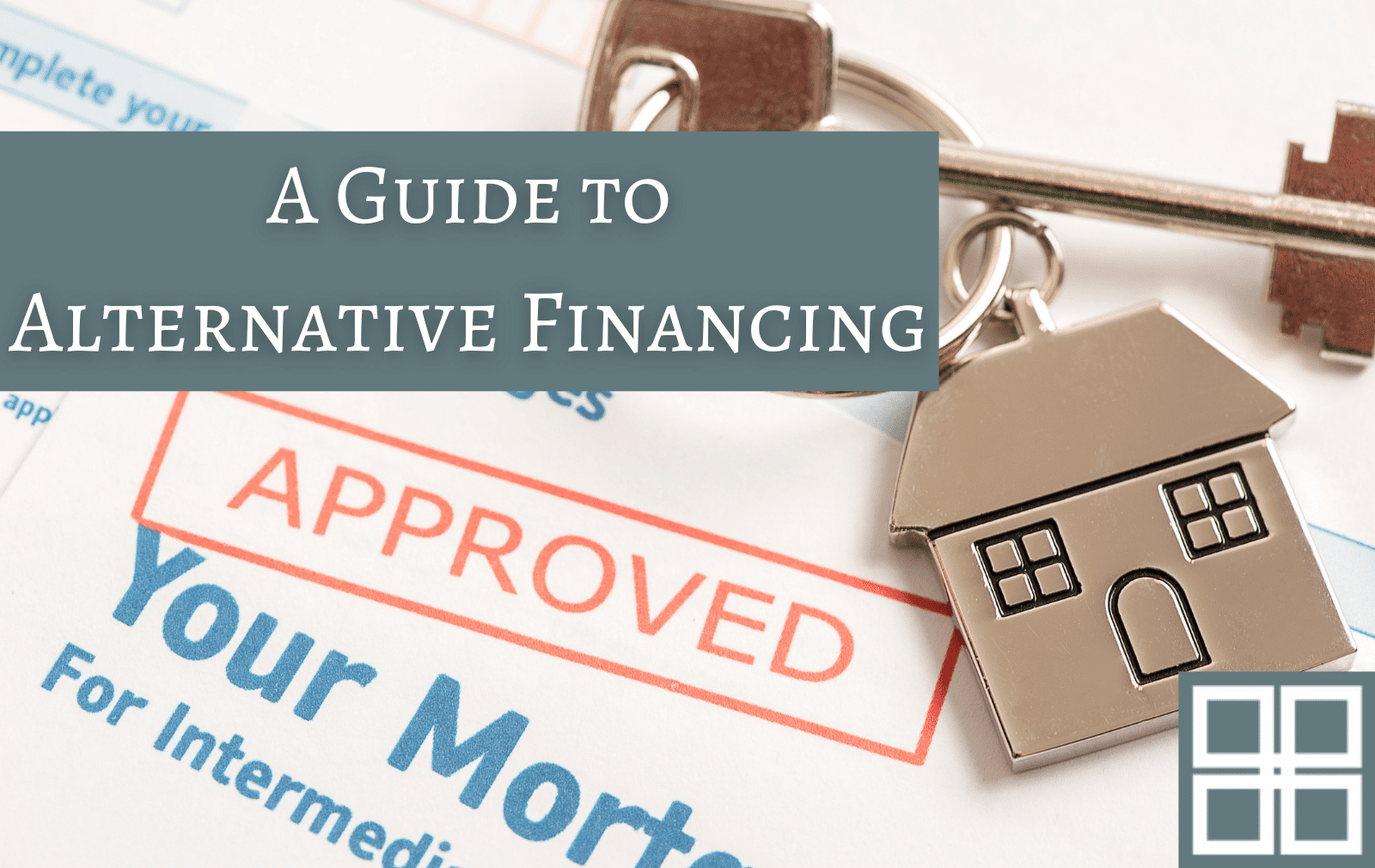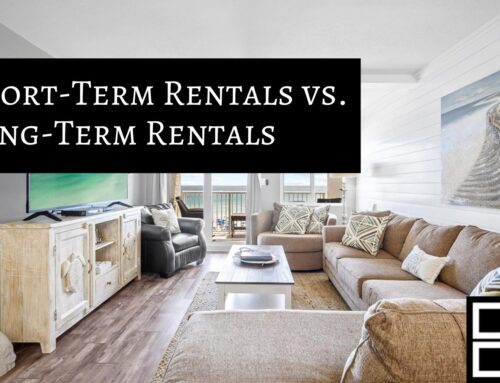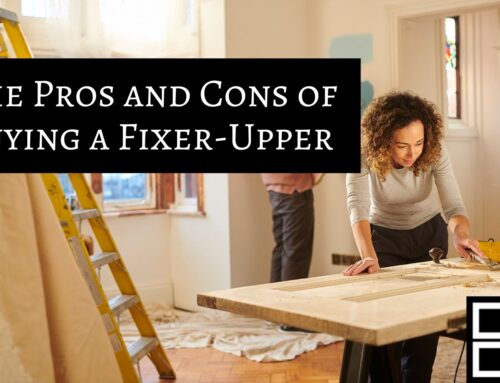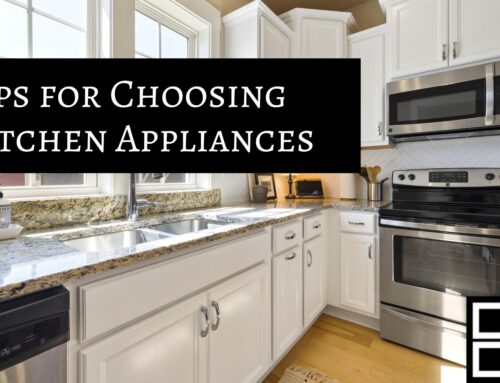A Guide to Alternative Financing
Hey there, future homeowners! If you’ve been dreaming of owning your own place but find traditional mortgages out of reach, you’re not alone. The real estate market can be a tough nut to crack, especially with current mortgage rates and high property prices.
But have no fear! We’re here to help you explore alternative financing options that can make your dream of homeownership a reality.
At the Heather Murphy Group, we understand the challenges you may face when trying to qualify for a conventional mortgage. That’s why we’ve compiled this guide to help you find financing solutions that suit your unique situation. Now, let’s look into the world of alternative financing and discover the possibilities waiting for you.
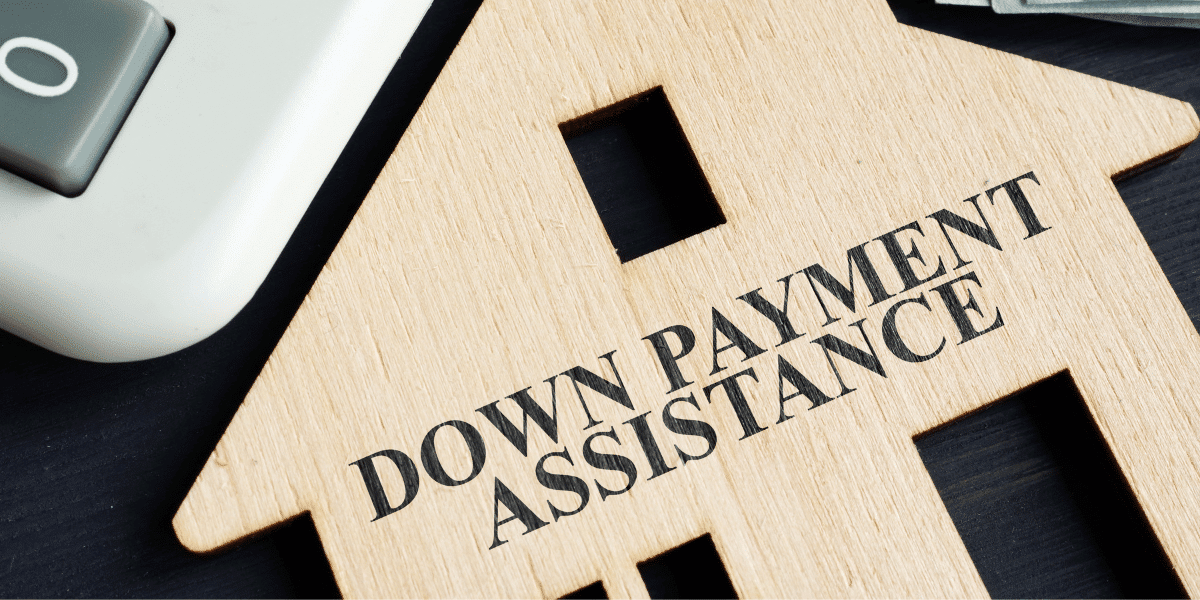
Down Payment Assistance Programs: A Helping Hand
So, you’ve found your dream home, but there’s an obstacle holding you back; the down payment. No need to worry! Down payment assistance programs can be your knight in shining armor.
These programs provide financial aid to homebuyers, making it easier to step through the doors of your dream home. But how? We’re so glad you asked.
To encourage home ownership, state and local governments will provide down payment assistance to qualified buyers. In many instances, these programs are directed towards first-time homebuyers. But sometimes they’re available to anyone purchasing a primary residence.
The assistance could be a low or no interest loan, deferred payment loan, or a forgivable loan. You might even qualify for government grants that don’t need to be repaid at all.
On top of that, down payment assistance is a low-risk solution that doesn’t exclude you from a traditional mortgage. It’s just a helping hand to push open the doors to your new home.
Government-Backed Programs: Your Ticket to Homeownership
When it comes to securing a mortgage, government-backed programs can be a game-changer. Especially if you’re looking for low or even no down payment options. These programs, backed by the U.S. government, are designed to help aspiring homeowners like yourself achieve your dreams.
Let’s explore the options:
- VA Loans: Are you an active-duty military member, a veteran, or a military spouse? Then VA loans might be your golden ticket. Guaranteed by the U.S. Department of Veterans Affairs, VA loans typically require no down payment at all. And they often come with low or no minimum credit score requirements.
- FHA Loans: The Federal Housing Administration has your back, especially if you’re a first-time buyer. FHA loans come with lower down payment and credit score requirements compared to conventional loans. While they do require you to purchase FHA mortgage insurance, these loans are a popular choice for many new homebuyers.
- USDA Loans: If you’re eyeing a home in rural areas, USDA loans might just be the answer. Created by the U.S. Department of Agriculture, these loans aim to encourage homeownership in non-urban regions. Here’s the kicker – they require zero down payment and often have more lenient credit requirements than traditional mortgages.
Balloon and Piggyback Loans: Unconventional Paths
Now, let’s take a stroll down the road less traveled in the world of mortgages; balloon and piggyback loans. These unique financing options don’t come without their own set of quirks. But they can be incredibly useful in certain situations.
Balloon Loans
A balloon loan starts with a relatively short period of low monthly payments. It doesn’t fully amortize over the course of the term. The reason for this is that the payments made are usually all interest. If not, the amount of principle being paid is very small.
At the end of the term, a, typically very large, payoff is due. It probably doesn’t come as a huge surprise that these aren’t an incredibly common type of loan. However, many investors and even some homebuyers find balloon loans enticing.
Clearly, because of this massive payment at the end, balloon loans can be risky. So, it’s crucial to be absolutely certain that you’ll have the funds to cover the payment when the time comes. House-flippers often like these loans since they can use the proceeds from selling the property to meet the balloon payment.
Piggyback Loans
Don’t let the name fool you; piggyback loans can be a sensible choice in certain scenarios. Imagine having two mortgage loans, one piggybacking on the other. The first loan covers 80 percent of the purchase price. The second loan covers 10 percent, and the remaining 10 percent serves as your down payment.
- The upside: Piggyback loans can help you dodge private mortgage insurance (PMI) or the need for a jumbo loan. Plus, they allow for more flexible financing arrangements.
- The downside: You’ll have two different interest rates, two monthly payments, and two sets of closing costs. So, it’s essential to weigh the pros and cons before considering a piggyback ride to homeownership.
Rent-to-Own: Test-Driving Your Dream Home
Now, let’s explore the rent-to-own option. There are a couple of reasons to consider this choice. The first is if you aren’t sure you’re ready to commit to a particular or possibly any home. The other is if factors are keeping you from securing a traditional mortgage, like credit history issues.
Rent-to-own allows you to rent a property with the option to buy at the end of a lease agreement. This way, you can experience what it’s like to live in your dream home before making the big purchase decision.
Sometimes, a portion of rent payments go towards the asking price. This is a way of building equity in the home before an actual purchase. Of course, this is only if it’s in the agreement and you actually wind up buying the home. Also, this will probably mean a higher monthly payment.
Rent-to-own contracts provide flexibility. If you decide not to buy, you can walk away without an additional penalty. However, usually, you’re also walking away from any equity. More often than not, the seller/landlord isn’t obligated to return any money once if you decide not to buy.
Protect Yourself
A major thing to keep in mind is that rent-to-own agreements can have intricacies. One example is lease-option vs. lease-purchase contracts. A lease-option is what we’ve been discussing; you have the option to purchase at the end of the lease. A lease-purchase contract requires that you purchase the home when the lease ends.
Additionally, many times there will be upfront, non-refundable fees, such as an option fee. While there’s no standard and they’re negotiable, it can be substantial. It’s not unheard of for the option fee to reach 5% of the purchase price.
Finally, some rent-to-own agreements may require you to cover upkeep and maintenance. This can clearly be a significant expense. Although, it can be good experience for your future as a homeowner. It may also help you decide if this is a property you want to buy.
The key takeaway here is to know what you’re signing. While rent-to-own can be a great option, it’s important that you’re certain it’s in your best interest.

Seller Financing: A Win-Win Situation
If traditional financing routes seem like a roadblock, seller financing might be the key to unlocking the door to homeownership.
What is Seller Financing?
Seller financing is a creative arrangement where the seller becomes the lender for the homebuyer. Instead of relying on a traditional lender, you’ll pay the seller directly until the purchase price is paid in full. You could also borrow from a traditional lender at any point during the term and pay off the seller.
The Perks of Seller Financing:
- Easier Qualification: Seller financing can be a game-changer for buyers who might not meet stringent bank requirements. Since the seller sets the terms, the qualification process tends to be more flexible.
- No Bank Involvement: Say goodbye to the traditional mortgage process with its lengthy approvals and paperwork. Seller financing streamlines the buying process, making it faster and more straightforward.
- Negotiation Power: In many cases, buyers and sellers can negotiate the terms, interest rates, and down payment amount. This freedom allows both parties to tailor the agreement to their specific needs.
Important Considerations:
- Due Diligence: Just like any real estate transaction, it’s essential to conduct thorough due diligence. Get a professional appraisal and inspection to ensure the property’s value aligns with the agreed-upon purchase price.
- Clear Terms: A well-defined agreement is crucial to avoid potential misunderstandings. The contract should outline the interest rate, repayment schedule, and any contingencies.
- Risk and Security: As a buyer, be aware that if you default on the payments, the seller can reclaim the property. On the flip side, sellers should be confident in the buyer’s ability to make timely payments.
Conclusion
There you have it! We’ve explored a range of creative financing options for potential homebuyers. These alternative methods offer valuable opportunities for anyone to achieve homeownership.
Here at the Heather Murphy Group, we understand that navigating the world of real estate financing can be overwhelming. That’s why we’re committed to providing our clients with guidance and support to find the best financing solution for them.
And when it’s time to buy, we want to be your partners in finding the perfect Savannah area home. Contact us today to make your real estate dreams a reality.



